How one course changed my life
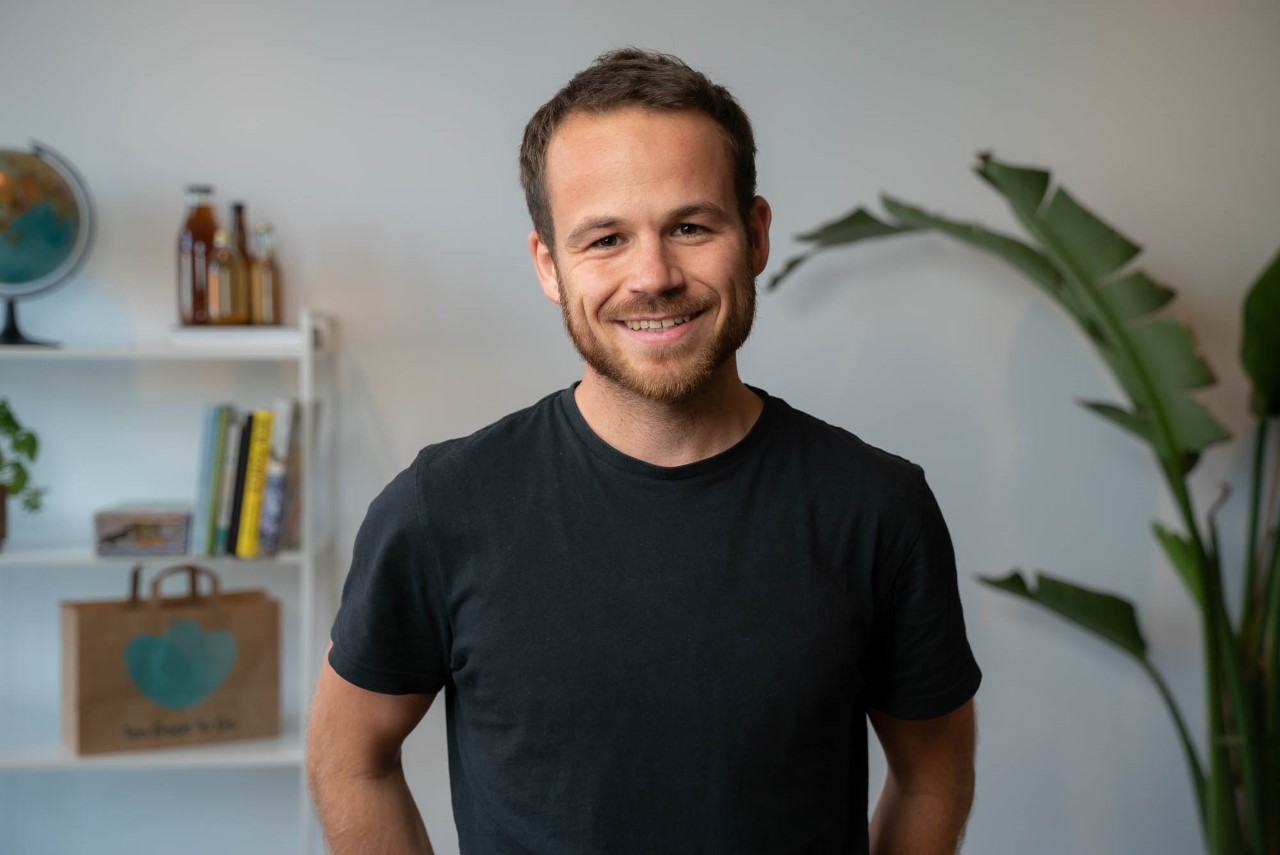
Philippe Schuler, CBS graduate and Global Impact Manager at Too Good to Go, writes about that one course at CBS that changed his life. (Photo: private)
Blog | 09. Aug 2021
By Philippe Schuler, CBS and COSI-graduate and Global Impact Manager at Too Good to Go
As you are now going through university life attending hours of lectures, prepping for that oral exam, or writing your thesis, wouldn’t you like to know what it feels like to look back at university life and understand how it can indeed shape the next steps in your life?
Well that is exactly what I will attempt. As an active voice in the fight against food waste with the company Too Good To Go, I am now keen to unravel to you the one course that has changed my life forever.
It all started when I attended CBS for my master’s degree in 2015, eager to learn more about Supply Chain Management and how the world is interconnected in terms of trade and logistics, but most importantly about how we can make it more sustainable. In love with nature and the environment, I set myself the task of changing business from within and looking for ways that will make it more conscious, aware, and responsible regarding the gravest issue of our time: climate change.
The unfortunate truth is that I had a lot of trouble finding courses that would teach me the challenges and opportunities that sustainability can bring. My endless search finally led me to an elective called COSI – Copenhagen Sustainability Initiative – in which two consecutive courses were offered that explore sharing cross-disciplinary knowledge on how to make green growth possible.
Still today, this joint initiative brings together professors from Copenhagen Business School, the University of Copenhagen, and the Technical University of Denmark to give students a 360-degree understanding of the science behind sustainability, and help them see how we can solve the issues at hand through new approaches, and truly understand how environmental and economic incentives can work hand in hand, rather than against each other.
It opened my eyes. For the first time, it made me realise the magnitude of the problem and how we, as a younger generation, have a responsibility to make a change. And the exciting part of it all? It gave me new perspectives and helped me adopt systemic thinking – looking at the bigger picture and solving problems together with all stakeholders involved. Business won’t solve it alone, but it does need to step up.
I was not afraid to fail but was instead driven to learn more and to completely expose myself to the problem of food waste
I was so engulfed in the course that it made me dig even further, particularly into the issue of food waste. As a weekly dumpster diver, I knew the problem existed but soon I started questioning why this was happening, who is responsible for it, and how I could apply what I had learned at school to a problem of that magnitude.
Well, it was time to find out. I hired a car, took my camera, and drove around Denmark visiting potato farmers, supermarkets, packaging stations, warehouses, and logistics providers. And the insights were priceless. Food is wasted across the entire supply chain and much of what I was told at school could easily be applied to the world out there… It was now time to do something about it.
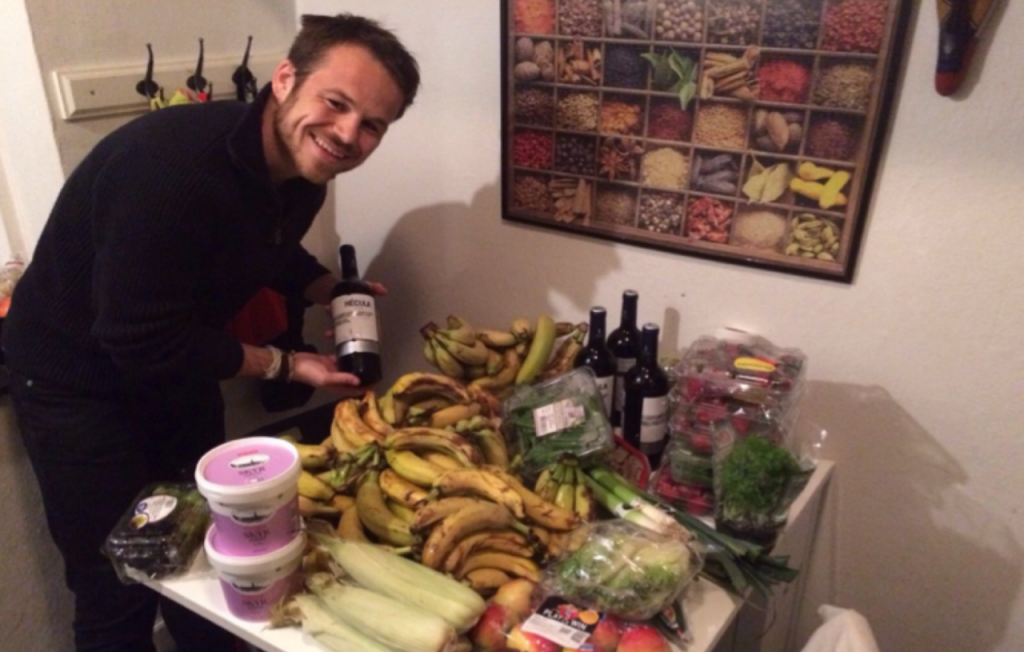
To understand that magnitude of the problem with food waste, Philippe Schuler practiced dumpster diving to save food that was too good to go. (Photo: private)
And so I completed my master’s thesis in 2017 and decided that I could not let go of this topic. I needed to build a career around it. But first it was time to travel and unravel (something I can fully recommend after your long days in the library!). Once I was back, I looked left and right for opportunities. I spoke to old acquaintances, friends, and connected with thousands of people on LinkedIn until I found my first project involving reducing food waste with the Cool Chain Association.
Here we wanted to find out how we can make papayas last longer as they make their journey across the ocean together with airline and airport officials. After that, I went to Bangkok to work as an independent consultant, helping restaurants and hotels in Thailand and the Maldives to prevent food waste in their kitchens.
I was not afraid to fail but was instead driven to learn more and to completely expose myself to the problem of food waste, for my love of food and the environment. After two years working as a freelancer, I approached the biggest player of all in this field: Too Good To Go. And here we set ourselves a clear ambition that I could spearhead going forward. It was time to no longer just be an app, but to instead take the lead in showing the world that a business can indeed exist to make a profit while also serving a bigger purpose, all whilst building a grassroots movement.
We have set our ambition: to be an active voice in changing behaviour, reforming legislation, educating the younger generations, and presenting to businesses a solution that is both scalable and innovative.
I can truly say now that one course at CBS mapped out the path I follow today. I always had the passion, the purpose, the drive, but this course taught me how to interlink it all to make a change. I can now look back with a smile and wake up each morning with the joy of changing the world for the better by ensuring that no food goes to waste and tackling the biggest issue of our time. It is an incredible feeling that I wish each and every one of you will experience one day. I found my purpose, now what is yours?


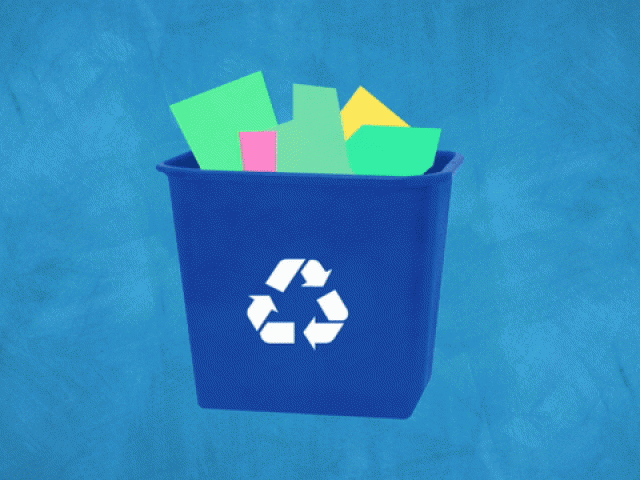

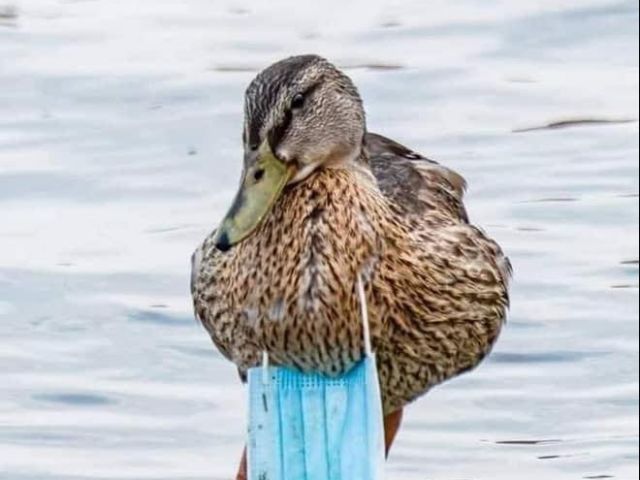

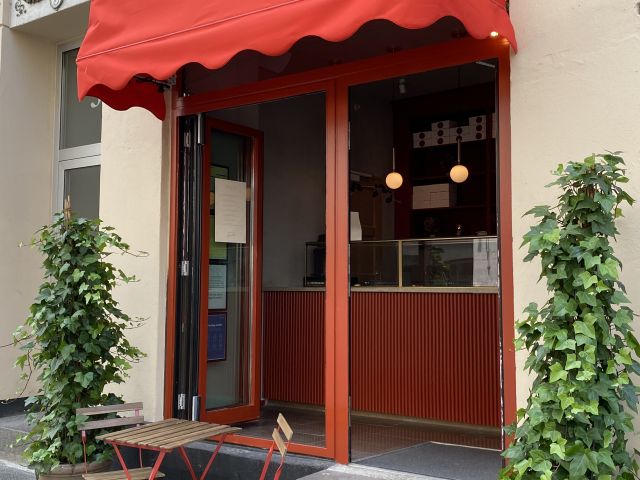
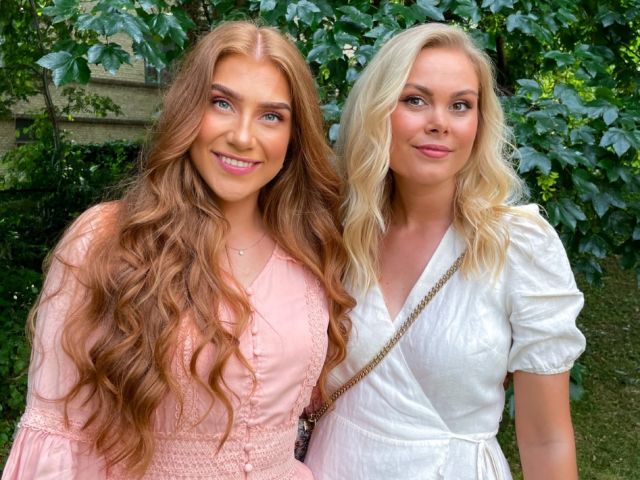




























































































































Comments